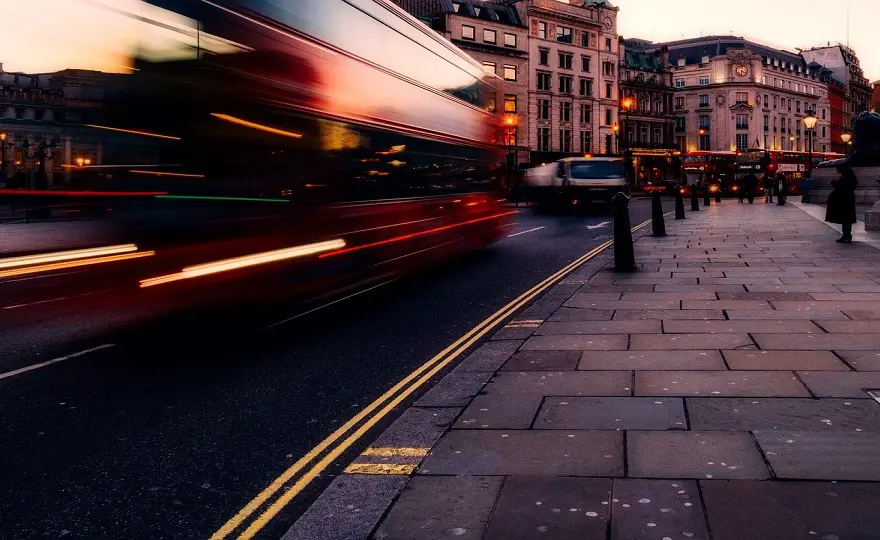ClientEarth Communications
25th June 2020


Many people have noticed cleaner air and clearer skies during lockdown. Air that’s safe to breathe should not be a novelty – it must be the new normal. ClientEarth has been leading the charge to make this a lasting reality post-lockdown, not a forgotten memory.
As the coronavirus pandemic spread across the globe and nations went into lockdown, the levels of some harmful pollutants in the air dropped significantly. This directly benefited those affected by air pollution, including people suffering from respiratory conditions in the UK, who reported an easing of symptoms.
Clean air is more important to people than ever before. With all of our attention focused more keenly on our health and the health of those we love, many us have become more concerned about air pollution since the coronavirus outbreak.
In May, a national survey commissioned by environmental charity Global Action Plan found that in all urban centres, there was a 35-point swing towards air pollution being a greater concern since the virus outbreak, with 47% saying they were more concerned than they were before and 12% saying they were less concerned.
Another survey commissioned by the Clean Air Fund in June found that people are now more worried about air pollution as a public health issue than obesity, smoking or drugs and alcohol.
Concentrations of harmful pollutants across China have already climbed back to pre-pandemic levels, and analysis shows that air pollution is now returning to European capitals.
People don’t want to have to wave goodbye to cleaner air. This is why government and local authorities need to ramp up positive action on air pollution.
Action to improve air quality is uniquely popular right now. According to the Global Action Plan survey, the majority of people (62%) want the government and local authorities to invest in plans to tackle air pollution and traffic more urgently than before the outbreak of coronavirus, with only 6% in opposition to this.
The same survey also found that 69% want to see communities retain the safer roads and fewer car journeys they have noticed during the lockdown once it eases with only 6% in opposition to that.
People understand that fewer and cleaner cars on our roads is the key to cleaner air. A new poll commissioned by ClientEarth in June found that 58% of people supported the introduction of Clean Air Zones that should discourage the most polluting vehicles from entering the most polluted parts of towns and cities.
ClientEarth has long been calling on the UK government to provide more help and support including a targeted scrappage scheme to help people and businesses, particularly people on low incomes and small businesses, move onto cleaner transportation.
Our poll found that more than half of British adults (56%) believe that money from government scrappage schemes should only be used for low-polluting or electric vehicles.
This is in stark contrast to reports claiming the car industry wants a scrappage scheme to provide subsidies for all vehicles, including polluting diesel and petrol vehicles.
Simon Alcock, Head of Public Affairs at ClientEarth, said: “Public attitudes have changed and the government should stop succumbing to the pressure of those in the car lobby who are still resistant to the inevitable direction of travel.
“It’s straightforward: using public money to keep petrol and diesel vehicles flowing onto our roads is directly against the public interest as it ignores the urgent need to tackle air pollution and the climate crisis.”
Our survey also revealed that 71% of respondents support incentives and subsidies for low-polluting vehicles to make them more affordable, such as VAT exemption and government grants.
We want to see strict conditions attached to government grants to industry in the wake of the pandemic. And as well as that, we’ve written to the UK Chancellor, Secretary of State for Business, Energy and Industrial Strategy and the Secretary of State for Transport to call for:
As the economy gears back up, there is appetite for lasting change. The government must deliver a healthy and green recovery.